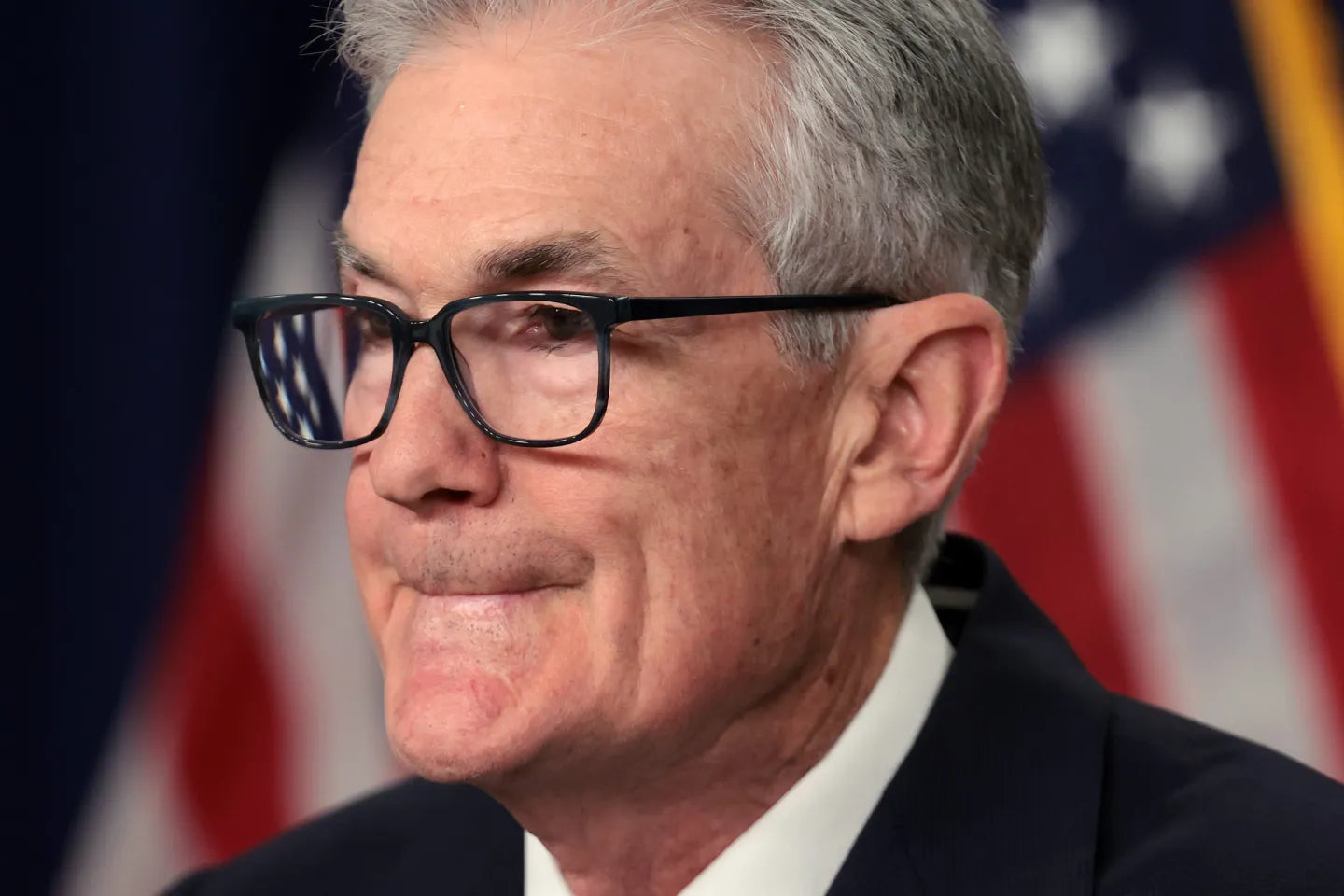
A prominent professor from Wharton warns that the $34 trillion debt could lead to a meltdown in 2025 if mortgage rates surpass 7%, potentially derailing the upcoming administration.
Among the distinguished names displayed on the doors of Ivy League business schools, one stands out – Joao Gomes. As a finance professor at the Wharton Business School, Gomes is sounding an alarm that many of his colleagues have chosen to overlook: the mounting public debt in America.
Although Gomes is relatively new on the scene, having added the University of Pennsylvania’s Marshall Blume Prize to his credentials in 2018 and appointed senior vice dean of research in 2021, he is not hesitant to stand apart from his peers when it comes to raising concerns about the escalating government debt crisis. Despite the potential consequences, Gomes believes it's crucial to address this issue that he anticipates could disrupt the global economy.
Gomes predicts that America's $34 trillion debt could unsettle global financial markets as early as next year, especially if a president-elect announces costly policies. Drawing parallels to the U.K.'s mortgage crisis during Prime Minister Liz Truss's tenure, Gomes suggests that interest rates could surge to 7% or higher if Washington ignores the issue.
This warning is not an isolated one. Throughout the year, prominent figures such as JPMorgan Chase CEO Jamie Dimon and Bank of America CEO Brian Moynihan have raised alarms, indicating a growing chorus of concern. Nassim Taleb, the author of "The Black Swan," and Fed Chairman Jerome Powell have also expressed worry about the economy's trajectory, urging a serious discussion on fiscal responsibility.
Despite these warnings, Gomes believes that addressing the debt-to-GDP ratio might not be a central theme in the presidential campaigns. He emphasizes the importance of considering affordability when making promises about tax and programs.
While acknowledging that he may be more concerned than his peers, Gomes believes voters should ask tough questions of politicians who do not take the debt threat seriously in this election year.
Looking ahead, Gomes acknowledges that both parties share responsibility for the debt crisis, which has reached unprecedented levels under the tenures of Presidents Trump and Biden. Regardless of the blame, he insists that one party will eventually have to take responsibility for resolving the issue.
Gomes suggests that the debt problem could potentially derail the next administration if large tax cuts or significant fiscal stimulus plans are proposed, leading to a market rebellion and a potential crisis in 2025.
At a policy level, Gomes highlights that a crucial moment will arise when those buying debt find the model unsustainable. If major economies' traditional buyers, such as China and Japan, become hesitant, demanding higher interest rates, a real accident could occur.
He identifies nations like Japan, China, the U.K., Luxembourg, and Canada as the most exposed to America's $7.6 trillion debt held by foreign countries. If these nations reconsider the wisdom of investing in U.S. government debt, it could trigger a crisis.
Gomes draws parallels with the Liz Truss scenario in the U.K., where a mini-budget and fiscal stimulus led to a market spook, resulting in increased mortgage rates. He warns that, following this trend, consumers may start feeling the heat when mortgage rates surpass 7%, emphasizing the need for policymakers to take steps now.
The potential crisis can be avoided through two means: robust economic growth or cutting spending. However, the latter option, though effective, may lead to social unrest. Gomes emphasizes the inevitability of the issue, stating that exposure to the repercussions will be hard to avoid globally.
In conclusion, while Joao Gomes stands out as a voice of concern regarding America's growing public debt, the warnings from various quarters suggest that the issue demands urgent attention, even if it remains a challenging topic for political discourse.
